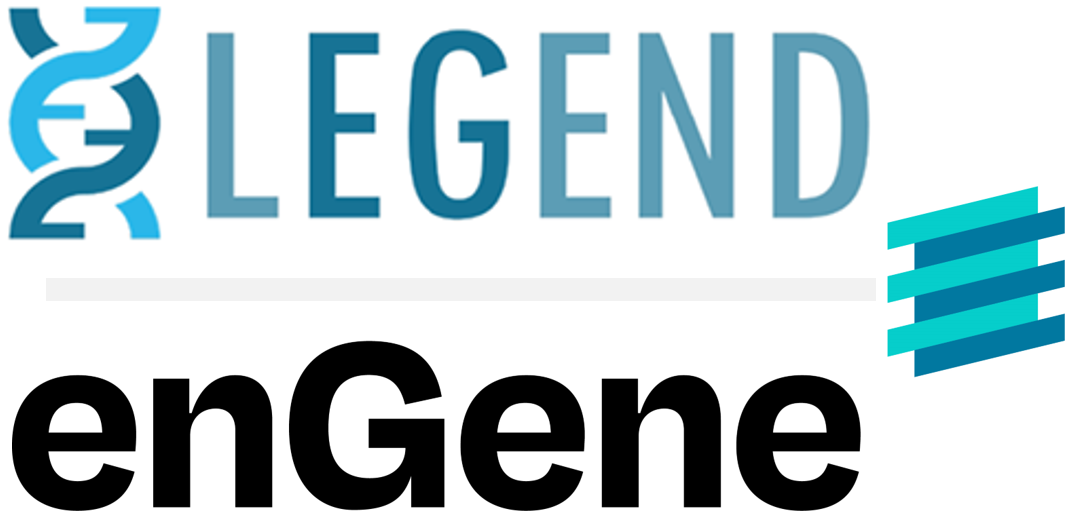PCR and NAAT Testing Medicare UpdateJune 2023 Medicare Local Coverage Determinations Two important Medicare local policy determinations cover PCR use for nucleic acid amplification tests (NAATs) and infectious disease detection, LCD L38966, and LCD L39001. In June 2022, The Centers for Medicare and Medicaid Services (CMS) and Palmetto GBA finalized a new Local Coverage Determination (LCD) governing “Molecular Syndromic Panels for Infectious Disease Pathogen Identification Testing.” The LCD, L39001, and coding article (A58720) include Palmetto’s MolDX program, developed in 2011, to identify and establish coverage reimbursement for molecular diagnostic tests. MolDX operates in 28 states across four Medicare Administrative Contractors (MACs). The LCD “provides limited coverage for outpatient testing with molecular syndromic panels for infectious disease pathogen identification testing.” In July 2022, CMS and Palmetto GBA finalized a new LCD governing “Lab-Developed Tests for Inherited Cancer Syndromes in Patients with Cancer.” The LCD (L38966) and coding article (A58652) also include Palmetto’s MolDX program, which has demonstrated acumen in outlining recommendations that accord to National Comprehensive Cancer Network guidelines, thereby expanding the list of genes eligible for coverage well beyond the very limited panel previously specified for coverage (BRCA1/BRCA2/+/-PALB2). PCRs are an Effective Test PCR testing has proven to be an effective diagnostic tool for pathogen identification in individuals with urinary, respiratory, blood, and neurologic infections in several studies over the last decade. The strengths of PCR testing include the following:
LUGPA has become aware that many member practices that wished to perform these tests had issues with the process and needed help to complete the MolDx registration requirements. As a service to its member practices, LUGPA developed an informational webinar to help LUGPA members understand the submission process. LUGPA has actively addressed the limitations placed on PCR and nucleic acid amplification tests (NAATs) by MolDX. While MolDX does technically permit the use of urinary NAATs, they have rejected all mandated technical assessments and the supporting literature provided by providers. Currently, MolDX has approved zero labs for urinary NAATs. LUPGA is presently working on a project to perform a comparative cohort study related to the use of NAAT by urologists. How to Respond to Medicare Payment Issues In a November 2022 article in Urology Times, Dr. Jonathan Rubenstein and Mark Painter outlined several steps providers can take when Medicare or other payors refuse to cover PCR tests due to a supposed lack of medical necessity. Rubenstein and Painter note that providers seeking to appeal or challenge these denials must meet seven standards according to Medicare rules. Assuming these conditions are met, providers can challenge the medical necessity decision and appeal to the payer with a clear, medically based argument supporting the physician’s services. A link to additional information on Medicare’s appeal process is included below. In addition to the appeals process, Rubenstein and Painter note that providers also have the right to demand the credentials of the party who has determined the services provided were not medically necessary. Both authors caution against undertaking an appeal without being adequately prepared with a detailed and documented argument for medical necessity. They also recommend seeking help from an organization specializing in appeals if the process seems overwhelming.
2022: How to get reimbursed for multiplex PCR urine cultures https://www.urologytimes.com/view/how-to-get-reimbursed-for-multiplex-pcr-urine-cultures Billing and Coding: MolDX: Molecular Diagnostic Tests (MDT) How do I file an appeal? |



